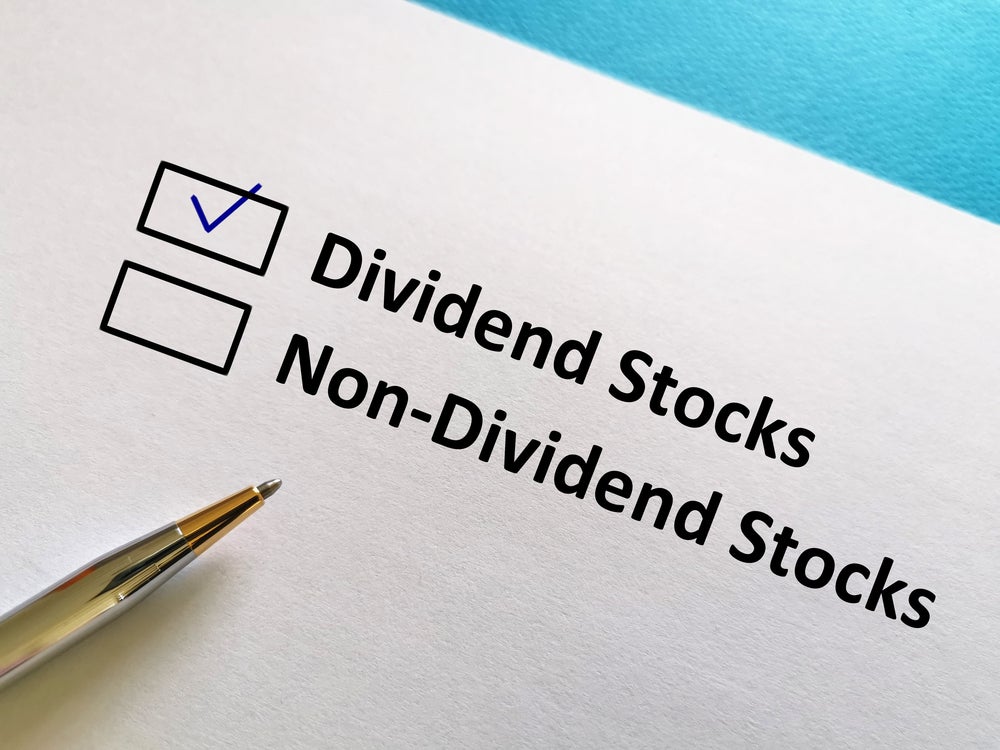3 Dividend Stocks to Help You Fight Inflation Dividend stocks can be a great way to hedge against inflation, especially if you choose companies that are known to increase their payouts over time. Let's take a look at 3 dividend stocks to help you fight inflation below.
By Sean Sechler
This story originally appeared on MarketBeat

It's safe to say that one of the biggest concerns that economists and investors have on their minds at this time is inflation. With historic amounts of fiscal stimulus being added to the economy and steadily increasing government spending, many believe that widespread inflation is already occurring. This week we learned that the consumer price index, which can be used as a proxy for inflation, rose 0.6% in March from the previous month and 2.6% from a year ago. When you consider things like gasoline prices surging 9.1% in March and home prices that are up 16% over the past year, it's safe to say that investors should at a minimum entertain the idea that inflation could be rising.
Regardless of how serious you think this issue might be, it doesn't hurt to start looking at high-quality stocks that can help you protect your net worth and even grow it over the long term. Dividend stocks can be a great way to hedge against inflation, especially if you choose companies that are known to increase their payouts over time. Let's take a look at 3 dividend stocks to help you fight inflation below.
Newmont Corporation (NYSE:NEM)
What if you could find a stock that not only pays out a nice dividend but also offers exposure to one of the most historically effective hedges against inflation? That's exactly the case with Newmont Corporation, which is the largest gold-mining company in the world. With assets and operations in North America, South America, Australia, and Africa, investors can expect this company to consistently produce gold, generate strong free cash flows, and benefit from rising gold prices.
Newmont Corporation is also a great option to consider given its strong balance sheet and attractive dividend yield of 3.63%. The company increased its dividend by 38% in February 2021 and has a strong history of returning cash to shareholders over the years with dividends and share buybacks. It's also worth noting that Newmont Mining possessed an industry-leading 94 million ounces of gold mineral reserves and 65 million ounces of gold equivalent ounces reserves at the end of FY 2020. If gold prices start to rally due to inflation fears, investors will be glad they own a stock like Newmont Corporation.
Procter & Gamble (NYSE:PG)
Adding a dividend aristocrat, which is a company that has increased its dividend payout every year for at least 25 consecutive years, is a smart way to fight inflation. Another great thing about these companies is that they are typically well-run businesses, market leaders, and have stable earnings. That's the case with Procter & Gamble, the leading consumer products company in the world that sells some of the most well-known brands in the world in more than 180 countries and territories.
With $71 billion in annual sales and solid organic sales growth prospects, there's a lot to like about adding Procter & Gamble to your investment plans. Although commodity prices are rising, Procter & Gamble should be able to slightly increase its product prices thanks to its brand strength and strong relationship with its customers. The company also just announced that it is boosting its quarterly dividend by 10%, which is a good reminder that this type of stock is a great choice for adding growing cash flows to your portfolio.
Duke Realty Corporation (NYSE:DRE)
One could argue that REITs, or Real Estate Investment Trusts, can be good for hedging against inflation because their prices are likely not going to be as sensitive to rising interest rates since their operating costs will stay the same. That's why a stock like Duke Realty should be on your radar. It's one of the largest domestic pure-play industrial/logistics real estate operators and should be a big beneficiary of rising e-commerce demand for years to come. Roughly 16% of this company's tenant base is e-commerce oriented and its major tenants include Amazon, Wayfair, UPS, Floor & Décor Outlets, and Target.
Duke Realty offers investors a 2.36% dividend yield and could deliver nice top-line growth this year given the overall strength in the real estate market. Investors should also be attracted to the fact that this company has a younger portfolio of properties than many of its peers. That allows Duke Realty to charge higher rental rates since its properties are more in-demand. This is a very solid REIT to consider if you are interested in fighting inflation or you simply want quality exposure to real estate in your portfolio.
Featured Article: Why Invest in Dividend Kings











